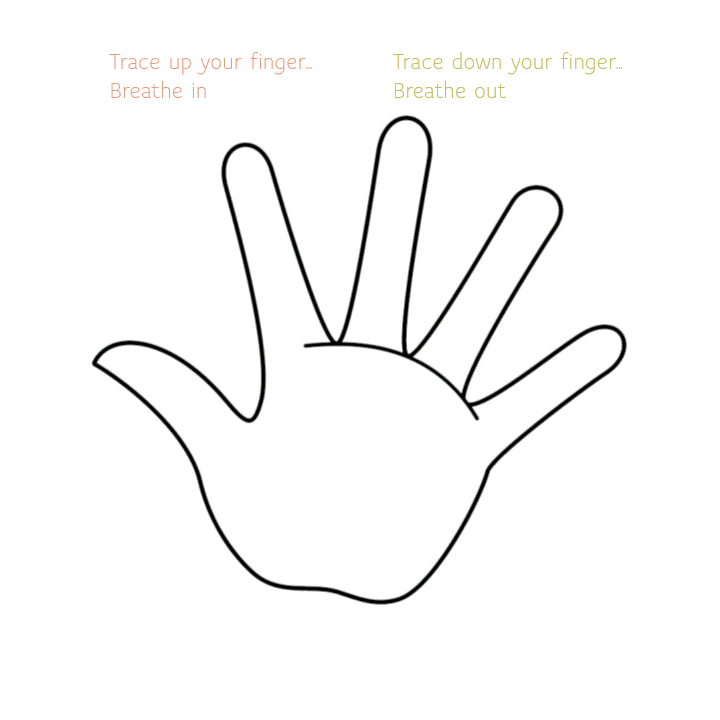As it’s Mental Health Awareness Week, Alex shares some practical mindfulness tips she uses day-to-day.
When my BTCSoftware colleagues voted to select Mental Health UK as our charity of the year we were headed into our second lockdown in England. It was an ideal time for me to share with our teams internally some of the best ways I’ve learned to manage my own mental health over my lifetime. Now, as accountants help their clients recover from months of closures, I’m excited to share some of the practical mindfulness techniques and tips that I’ve found useful with you.
Acceptance, relaxation and mindfulness
Acceptance can really help with mental health, especially when so many things are outside of our control. It might be helpful to consider what you can take control of and focus on those things. That might be something practical like setting a goal to work on or something spiritually meaningful like praying.
One minute acceptance is a quick way to draw on mindfulness techniques when you need a mental reset. Focusing on your breathing, your body and your surroundings is an easy way to bring an anxious or worried mind back to the present.
Finger breathing
Combining tactile sensation with steady breathing is a powerful tool. Try finger breathing to pause for your one-minute acceptance exercise. It’s a technique designed for kids, so try it with your wound up work-from-home buddies too!
Feel free to save the gif for future reference – just right-click and save the image, or long-press on your mobile and download.

Practical mindfulness
Mindfulness in its simplest form means that you are able to be in the present and aware of your situation. Some people love to meditate but for others, especially those experiencing high levels of anxiety, the mind can use the silence and mental space of meditation to catastrophise.
Beware of using mindfulness to ignore your anxiety – it should be a tool to calm yourself and not a way to prolong avoiding problems and finding longer-term solutions.
Practical mindfulness is about using exercises to bring your mind into focus on exactly where you are at the present moment, rather than trying to ‘bully’ your inner monologue into submission. Here are four of my favourite ways to use mindfulness in my day-to-day life.

5-4-3-2-1
There are many variations on this but at the core, it’s simply about stopping for a moment and focusing on what’s happening around you in the present. It also great for anxious moments because it can help you take your mind off of things and halt the panic cycle.
Name
- 5 things you can see
- 4 things you can hear
- 3 things you can touch
- 2 things you can smell
- 1 thing you can taste
Mindful washing up
The first practical mindfulness technique I ever learned was mindful washing up. It takes advantage of a moment where you’re often doing nothing else and gives you a chance to pause and focus in on the present.
Notice every detail of the process. The scent of the soap, the sound of the bubbles fizzing and popping, the warmth of the water. It’s about involving as many senses as possible so that your mind gets a break from overthinking.
Body scanning
Body scanning is about paying attention to your body and noticing how it feels. Are you tense anywhere? Are you full or hungry? Can you feel the ground beneath your feet? I personally like a version of this where you start at your toes and work up your body, tensing and relaxing muscle groups. It’s also a fantastic way to relax in bed and fall asleep faster.
Mental maths
Giving your mind a break can be as simple as doing a bit of mental maths. One option is to count back from 100 in whatever intervals you want. Choose numbers that will challenge your maths skills because that will mean you have to focus exclusively on the numbers.

I hope that you will take a chance this week to try out the practical mindfulness techniques that have worked so well for me over the years. Let us know on Twitter if you’ve found any of them useful, or if you have tips of your own to share.
Supporting Mental Health UK
Our charity of the year 2021 is Mental Health UK. Their resources have been invaluable in creating this blog and backing up my experiences with facts and science. If you’d like to find out more about them or support them, head over to mentalhealth-uk.org


